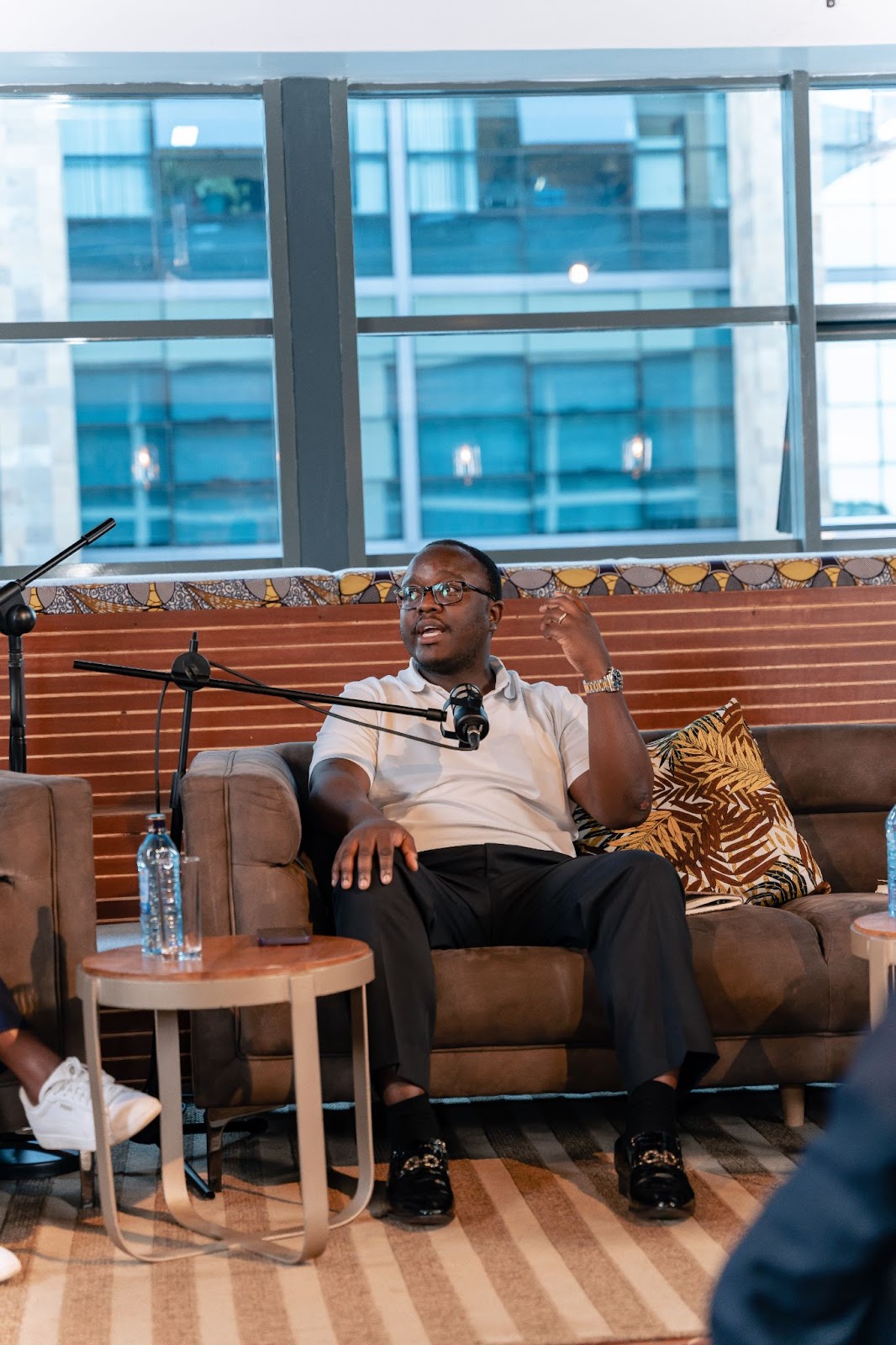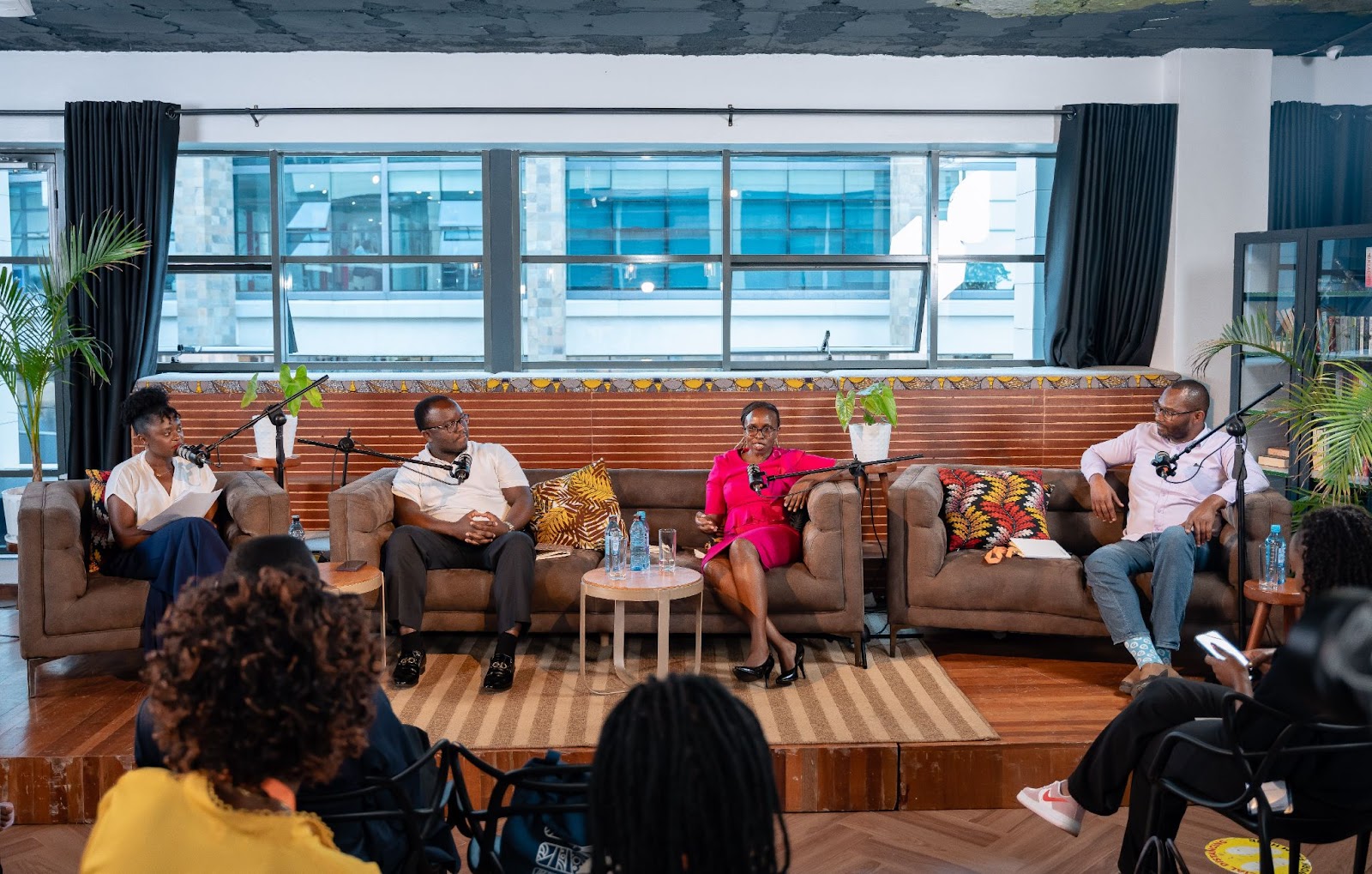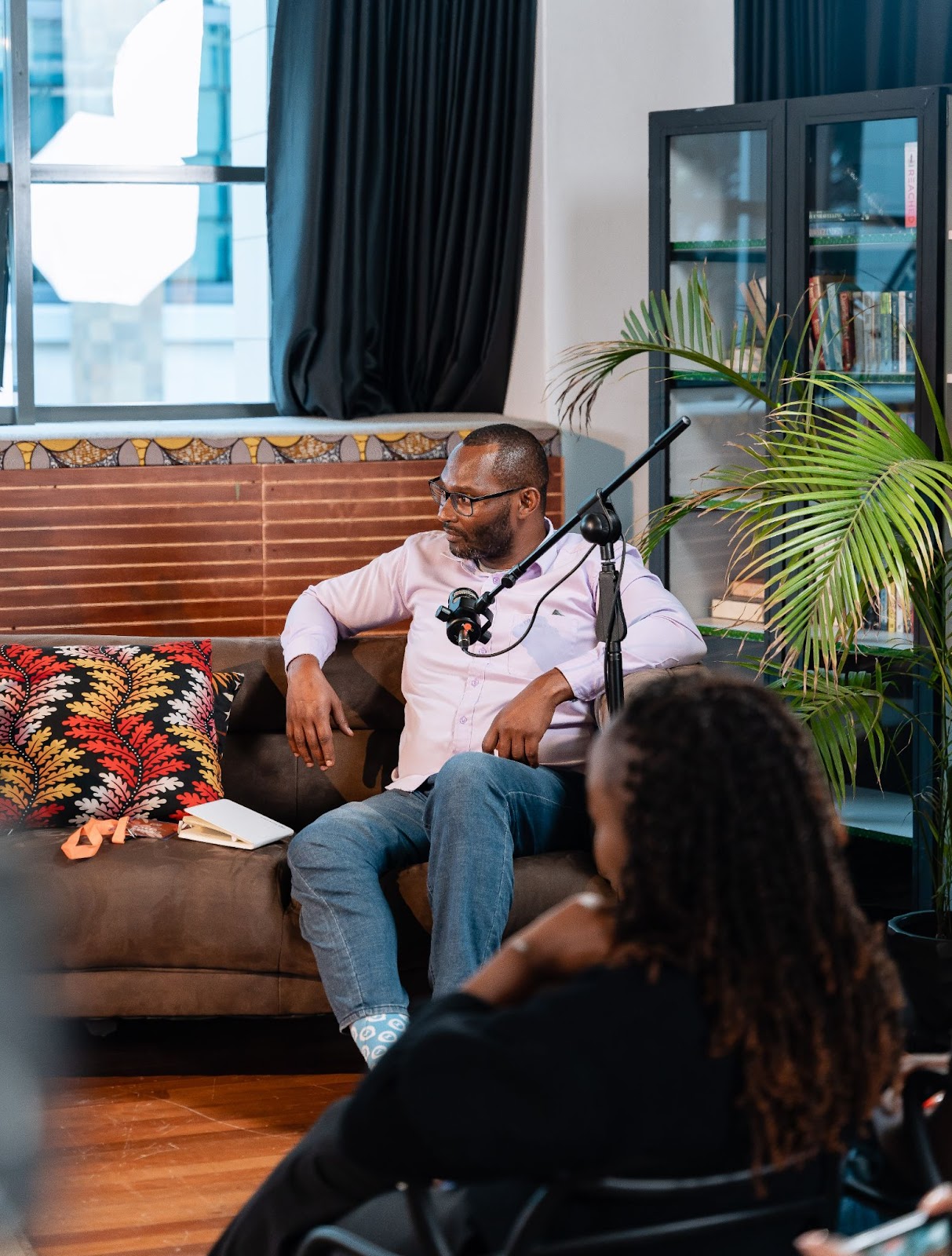Choosing the right capital for your startup is a crucial decision that can significantly impact a company’s trajectory. Beyond financial support, good investors provide expertise, networks, and guidance that are essential for a startup’s success.
Against the backdrop of shifting priorities among investors over the last two years, the recent African Pre-seed Podcast Live in Nairobi, provided invaluable insights into this pursuit. Acknowledging the challenges posed by a decrease in African startup funding in 2023, the panellists unanimously agreed on the importance of founders being prudent in their choice of investors.
Hosted by Founders Factory Africa, the live podcast’s theme, “The Good and Bad of Funding – Choosing the Right Capital in 2024,” provided valuable insights into the necessity for founders to prioritise building sustainable businesses over blindly chasing unrealistic growth. Panellists, including Rology CFO Jason Musyoka, Seedstars co-founder Bruce Nsereko-Lule, and Senga Technologies CEO June Odongo, emphasised strategic discernment in selecting investors.
“When a startup is trying to fundraise, they need to think about what steps they need to take to build a sustainable, profitable business,” says Nsereko-Lule. “And if I raise X amount of money, can I get there? And if I can’t get there, can I get to a stage where I can get investment in the shape of either equity or debt that will eventually take me to that place?”

According to Bruce, investors are emphasising due diligence and seeking ventures with strong fundamentals and realistic growth plans, moving away from solely chasing high-growth potential.
“From an investor perspective, it’s important that you do your due diligence very well whilst you’re investing in a company so that, when you’re putting in the money, you don’t get unexpected surprises,” he adds.
Local vs International Investors

Even within this shifting environment, however, the panellists agree that it’s still important for founders to be discerning in the investors they approach for funding. More particularly, they say, founders must consider whether choosing local investors makes more sense than international ones. While international investors might have deeper pockets, local investors often have a greater contextual understanding of local environments and may therefore be better positioned to guide founders to success.
“The beauty about local investors is that we understand context,” says Musyoka. “And not just context, but we also have networks. There are doors that the senior-level executives and CEOs that they introduce you to can open for you or businesses that they can enable for you that they can enable for that you wouldn’t be able to open for yourself.”

But other strategic considerations come with choosing which investors to approach too. Founders should define their business goals (lifestyle vs. scaling) and align their investment strategy accordingly, potentially utilising local angels and then seeking international capital for further growth.
“A lot comes down to the quality of the investor,” says Odongo. “There are some investors who I’ve felt more flexible with, and it’s always about what they can bring to the table and what, if any, trade-offs there are.”
Even with these considerations in mind, it’s still important that founders pay attention to the investment offers in front of them.
“If you’ve got two competing term sheets in front of you, always go for the one that offers the least dilution,” says Musyoka, who has a unique perspective as an investor turned operator. “It gives you flexibility and allows you to operate in your known business framework.”
That may mean accepting a smaller investment, but, Musyoka believes that this isn’t always a bad thing.
“A small amount is not necessarily bad for you,” he says. “You just have to recalibrate and work with what you have.”
According to Odongo, getting to the right investor may also mean pausing funding rounds, as Senga has had to do a couple of times over the past few years.
“At one point, we were going to raise money when we had validated our idea and it was growing well,” she says. “Then we got a lot of competition that was emulating some of what we were doing, and they were raising tons of money. At that point, we were going to raise and I decided not to because it was clear to me that things were not going to turn out well. So we retreated and pivoted to a new niche.”
About:
The African Pre-seed Podcast is an insight-rich immersion in African tech ecosystem affairs for the discerning Africa-focused Founder. Founded in 2022, the African Pre-seed Podcast curates insider knowledge and covers industry trends and current affairs succinctly and in-depth.
ALSO READ; Innovation catalysts: Operators shaping the future of Africa’s tech startups




